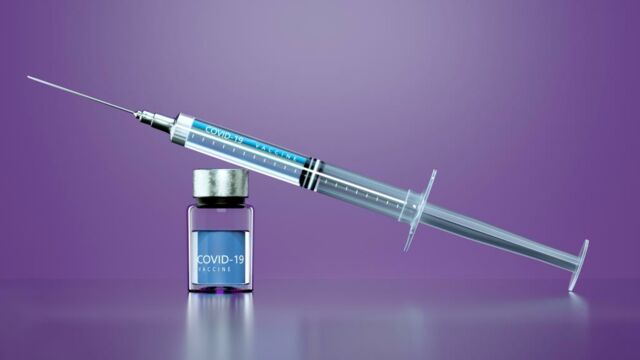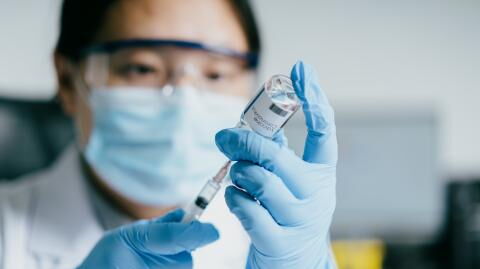A recent Oxford study involving the electronic health records of 81 million US residents identified that the chances of developing cerebral sinus brain thrombosis (CSVT) were 8-10 times higher in patients that developed coronavirus compared to those that opted for a vaccine.
Discover our latest podcast
A far from perfect study
While the study will go far in cementing our trust in coronavirus vaccines, there is still much more work to do.
The study at hand analysed the electronic medical records of 81 million US citizens, the cases of CSVT two weeks after coronavirus infection and two weeks after being administered the first vaccine dose. The study concluded that the chances of developing this type of blood clot within two weeks of a COVID infection were 39 out of every million. This chance was further reduced to four in one million in those that had their first vaccine dose.
However, the study only looked at Pfizer and Moderna receivers and not the AstraZeneca vaccine, which has been the main subject of controversy.
The research has yet to be peer-reviwed, and will have to be interpreted with care as it is challenging to examine just how often CSVT occurs in the general public due to the condition’s rarity.
Results also showed that the CSVT clots were more common among those who had underlying heart problems. The condition also occurred in those under 30 years old, proving that the youth are not exempt from serious coronavirus complications. Nevertheless, 80% of the CSVT sufferers observed in the study had survived.
Researchers further disclosed that they were unable to determine whether coronavirus jabs caused cases of CSVT in vaccinated people, and further studies will be needed in this area.
Lead author Paul Harrison, professor of psychiatry at the University of Oxford, spoke about the study’s results: ‘Firstly, Covid-19 markedly increases the risk of CSVT, adding to the list of blood clotting problems this infection causes.’
Secondly, the COVID-19 risk is higher than seen with the current vaccines, even for those under 30; something that should be taken into account when considering the balances between risks and benefits for vaccination.
Using the database, the researchers could not decipher whether or not the CSVT seen in those with COVID shared similar features to those who developed CSVT after their vaccine. Professor Beverley Hunt of Thrombosis UK revealed that the circumstances that cause CSVT in each situation were likely not the same:
Patients who are hospitalised with COVID-19 have very pro-thrombotic (sticky) changes in their blood, which persist after they have been discharged. This will lead to an increased rate of blood clots. The mechanism for the very rare blood clots and low platelet counts seen after the AstraZeneca vaccine is different. It is associated with an immune response.
What about the Oxford/AstraZeneca vaccine?
The Oxford study did not cover patients of the Oxford/AstraZeneca jab. However, the European Medicines Agency has revealed that one type of this CSVT has so far occurs in around five out of one million people with this vaccine. This observation cannot compare to that of the US as the populations of vaccinated citizens are not the same.
Last week the drug watchdog, the European Medicines Agency, announced a possible link between CSVT and vaccines but that the risk of dying of coronavirus was much more worrisome.
Denmark has now wholly stopped the Oxford/AstraZeneca vaccine distribution and is the first European country to do so, despite many others previously suspending their distribution.
Most recently, the US, Canada, the EU and South Africa also suspended the rollout of the Johnson & Johnson vaccine over similar blood clot fears. However, for both these vaccines, blood clots are an extremely rare side effect.















